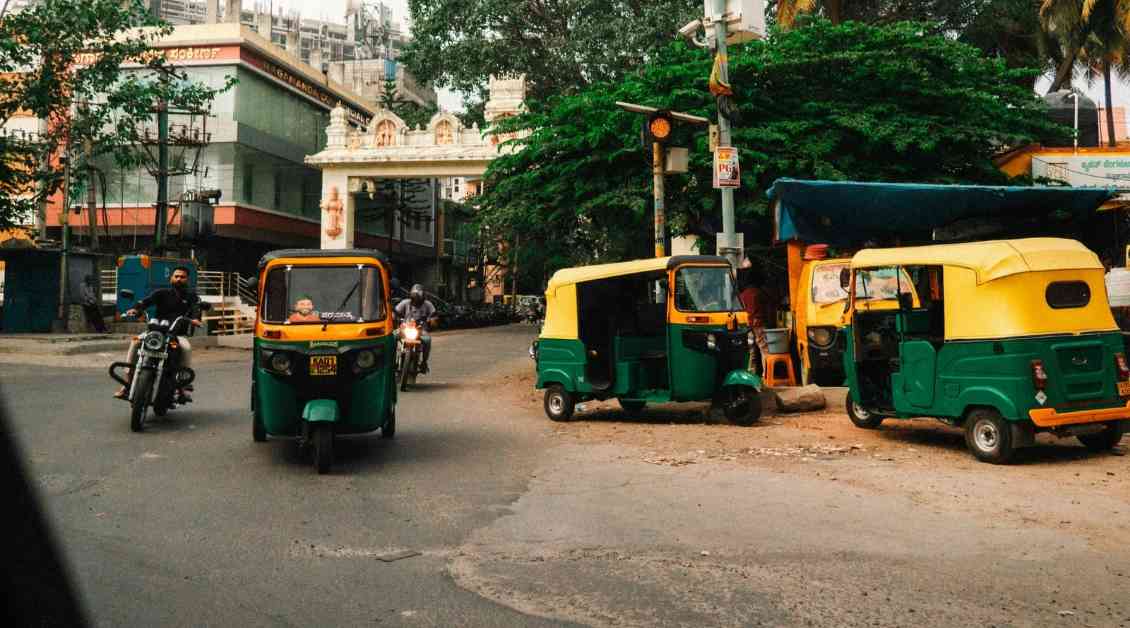The Bombay high court recently made a significant ruling regarding the legality of arrests, emphasizing that a mere four-minute delay in communicating the grounds of arrest to an accused individual does not invalidate the arrest. This ruling came as a result of a case involving a 34-year-old Bhaindar resident named Gunwant Tarachand Jain, who was arrested by the Versova police in connection with a rape case.
Jain’s arrest took place at 10:56 pm on November 21, following the registration of a rape case against him at the Versova police station. The police then proceeded to inform him of the grounds of his arrest at 11:00 pm, as indicated by official police records. However, the next day, when Jain was brought before the Andheri magistrate court, the court raised concerns about the timing of the communication of the arrest grounds. Specifically, the court noted that there was a four-minute delay between Jain being formally placed under arrest and being informed of the grounds for his arrest.
This delay prompted the magistrate court to declare Jain’s arrest as illegal, citing previous judgments by the Supreme Court that emphasized the importance of promptly communicating arrest grounds. In response to this decision, the police decided to appeal the ruling, taking the case to the Dindoshi session court. On December 24, the session court overturned the magistrate court’s order, ruling that the four-minute delay in communicating the arrest grounds was not unreasonable and therefore did not invalidate the arrest.
Unsatisfied with this outcome, Jain took his case to the high court, where Justice Dr. Neela Gokhale presided over the proceedings. After careful consideration of the facts and legal precedents, Justice Gokhale upheld the session court’s decision, highlighting that the police had diligently followed the required procedures in conveying the grounds of arrest to Jain within a reasonable timeframe. In her ruling, Justice Gokhale emphasized that there was no violation of Jain’s fundamental rights, and that the arrest was conducted in accordance with the law.
This case serves as a reminder of the complexities involved in legal proceedings, where even seemingly minor details such as the timing of communication can have significant implications. The ruling by the Bombay high court sets a precedent for future cases involving the communication of arrest grounds, clarifying that a brief delay does not automatically render an arrest illegal.
Expert Opinions on Arrest Procedures and Legal Interpretations
To gain further insight into the significance of the Bombay high court’s ruling, legal experts have weighed in on the matter. Renowned criminal lawyer, Maya Shah, emphasized the importance of upholding procedural standards in arrest cases, stating, “This ruling underscores the need for clarity and consistency in how arrests are conducted. It reaffirms the principle that adherence to legal protocols is crucial in safeguarding the rights of individuals.”
Additionally, retired judge and legal scholar, Dr. Anand Mehta, provided a historical perspective on the interpretation of arrest laws, noting, “The evolution of legal precedents surrounding arrest procedures reflects the ongoing efforts to balance law enforcement needs with individual rights. This ruling exemplifies the nuanced approach required in addressing such legal nuances.”
As the legal landscape continues to evolve, cases like this highlight the delicate balance between law enforcement responsibilities and individual liberties. The Bombay high court’s ruling serves as a testament to the meticulous scrutiny applied to legal proceedings, ensuring that justice is served while upholding the rights of all parties involved.




















